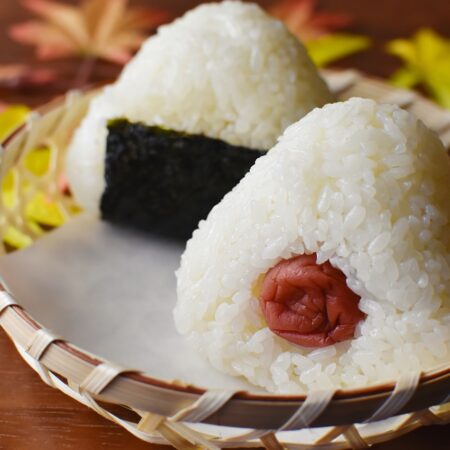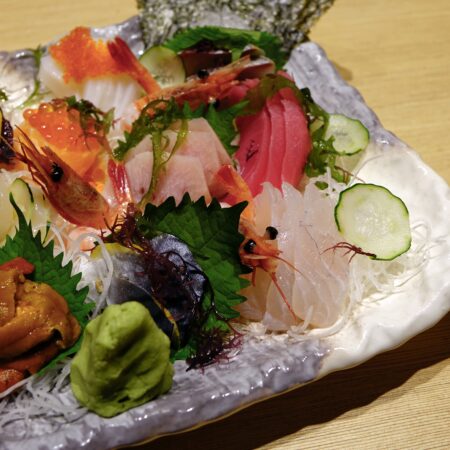In a world of fast food dominated by burgers and fries, Japan’s Yoshinoya stands as a testament to how quick service can meet quality, tradition, and affordability. Founded in 1899 in Tokyo’s bustling Nihonbashi fish market, Yoshinoya has grown from a humble food stall to an international chain while maintaining its core Japanese values. Let’s explore what makes this beloved gyudon (beef bowl) institution truly special.
The Art of Gyudon: Yoshinoya’s Signature Dish
At the heart of Yoshinoya’s success is its signature dish: gyudon. This seemingly simple bowl consisting of thinly sliced beef simmered with onions in a sweet-savory sauce of dashi, mirin, and soy sauce, served over a bed of steaming rice, represents centuries of Japanese culinary philosophy.
What foreigners might not realize is that gyudon is more than just fast food in Japan—it’s a cultural institution. The careful balance of umami flavors, the precise cooking technique that ensures tenderness, and the thoughtful presentation all reflect Japanese attention to detail and respect for ingredients.
Efficiency Meets Omotenashi: The Yoshinoya Experience
Walking into a Yoshinoya restaurant provides insight into Japan’s unique approach to customer service. The concept of “omotenashi” (wholehearted hospitality) is evident even in this fast-food setting:
- Speed with care: Orders are typically delivered within minutes, yet staff maintain a level of attentiveness rarely seen in Western fast food establishments.
- The counter experience: Unlike many Western chains, Yoshinoya traditionally features counter seating where diners can watch their meals being prepared—a mini-version of traditional counter dining found in high-end sushi restaurants.
- The call of “Irasshaimase!”: The enthusiastic greeting shouted by staff when customers enter creates an energetic atmosphere unique to Japanese food service.
Teishoku Culture: Value Beyond the Bowl
Yoshinoya embodies the Japanese concept of “teishoku” (set meal) culture. Even as a fast-food chain, it honors the tradition of balanced nutrition. A typical Yoshinoya meal includes:
- The main dish (gyudon)
- Optional miso soup
- Tsukemono (pickled vegetables)
- Free green tea (at many locations)
This approach stands in stark contrast to Western fast food, where sides often consist of fried potatoes and sugary beverages.
Seasonal Specials: Honoring Japanese Traditions
One aspect foreigners may not appreciate about Yoshinoya is how the chain incorporates seasonal ingredients and limited-time offerings that align with Japanese seasonal traditions. From special winter hot pots to summer cold noodle options, Yoshinoya honors the Japanese cultural connection to seasonality.
Accessible Price Point Without Compromising Quality
In a country where quality food is paramount, Yoshinoya has maintained affordability without sacrificing standards. During economic downturns, Yoshinoya’s famous “gyudon revival” campaigns have provided affordable meals to struggling workers and students—earning the chain a special place in Japanese hearts.
Work Culture and Late-Night Dining
Yoshinoya’s 24-hour service in many locations reflects and supports Japan’s intense work culture. For office workers pulling all-nighters or revelers heading home after a night out, Yoshinoya provides a reliable, nutritious option at any hour—something deeply appreciated in Japanese urban society.
Beyond Beef: Adapting While Maintaining Tradition
While preserving its heritage, Yoshinoya has evolved to meet changing dietary preferences:
- Introducing pork bowls (butadon) during beef shortages
- Adding chicken options (toridon)
- Creating vegetable-centric side dishes
- Developing healthier menu alternatives
This balance between innovation and tradition reflects the broader Japanese approach to modernization.
Global Expansion with Japanese Soul
Despite expanding internationally, Yoshinoya has maintained its Japanese essence. The company’s approach to overseas markets shows how Japanese food concepts can be introduced globally while preserving authentic qualities. Each international Yoshinoya serves as a cultural ambassador for Japanese culinary values.
The Future: Tradition Meets Technology
Today’s Yoshinoya embraces technology with mobile ordering and automated systems while maintaining the human touch that defines Japanese hospitality. This delicate balance between efficiency and personal service represents Japan’s overall approach to modernization.
Conclusion: More Than Just Fast Food
For travelers seeking to understand Japanese food culture beyond high-end sushi and ramen, Yoshinoya offers an accessible entry point. Its long history, commitment to quality, efficiency, and value make it not just a fast-food chain but a cultural institution worth experiencing.
The next time you visit Japan, skip the familiar international chains and step into a Yoshinoya. That steaming bowl of gyudon serves up more than just beef and rice—it delivers a taste of authentic Japanese values and traditions that have sustained generations.



コメント